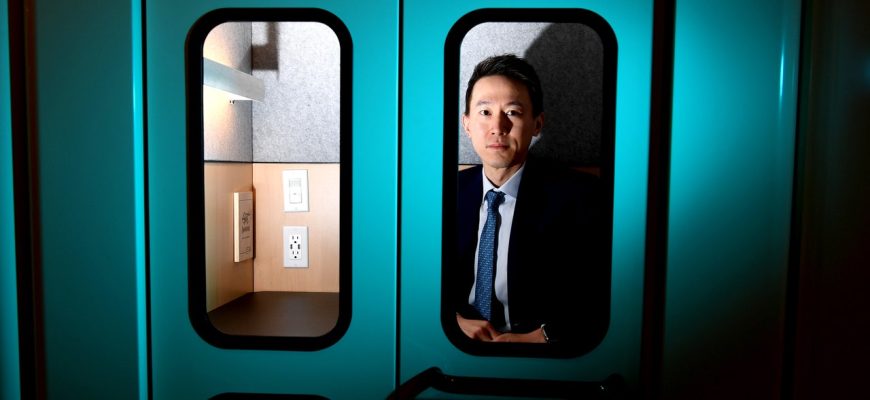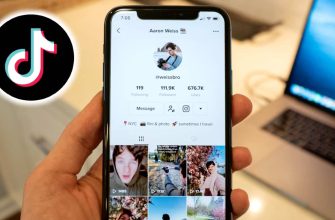It’s not just House Republicans calling for TikTok’s expulsion from the US—especially amid reports that ByteDance staffers used data collected by the app to spy on tech reporters—with Democrats joining the fray. “I don’t think there’s anything they can say,” says senator Brian Schatz, a Hawaii Democrat. “It’s all about what they do, and what they do is pretty alarming.”
March has been brutal for TikTok. Last week, the UK joined the US, Canada, and Belgium in banning TikTok on government devices. And FBI director Christopher Wray warned lawmakers that misinformation spread through the app can “divide Americans.” At the start of the month, Senate intelligence chair Mark Warner unveiled a new measure, the Restrict Act, which would enable the US commerce secretary to ban TikTok and any other tech from six “hostile” nations that the US intelligence community deems a national security threat.
The White House supports Warner’s bill, and the multi-agency Committee on Foreign Investment in the United States told TikTok it would be banned unless it’s completely divested from ByteDance. Lawmakers in both parties welcomed that announcement. “It’s a step toward banning them,” says senator Roger Wicker, a Mississippi Republican.
While many lawmakers embraced White House pressure, they aren’t sitting on the sidelines as they did when former president Donald Trump tried to ban TikTok through executive orders, which the courts ultimately shot down.
“I think it’s absolutely a good first step. I’m not sure it’s going to get us everywhere we want to be,” says senator John Hickenlooper, a Colorado Democrat. “I don’t think we want to have a Chinese-owned company to have that kind of access to not just our kids, our culture.”
It’s not just espionage that worries lawmakers, who argue the app has a vulnerable captive audience among young people in the US. TikTok recently unveiled new efforts to limit users’ exposure to the app, including an hour-per-day time limit for children under 18, but it fails to address lawmaker’s concerns. “I’m not sure TikTok is a healthy ingredient to add to our children’s psychological diet,” Hickenlooper says.
TikTok did not respond to WIRED’s request for comment.
More than half of states prohibit TikTok’s use on government devices, and it’s banned by dozens of public schools, from grade schools to some of the nation’s largest universities. Tennessee attorney general Jonathan Skrmetti is leading an investigation on behalf of 46 states into whether the app is detrimental to children’s mental health. The US Department of Justice, meanwhile, is investigating reports that TikTok staffers spied on US journalists.
In short, Chew faces a daunting assignment given the hostility that awaits him at 10 am ET tomorrow.
The debate at the Capitol is now over how to punish TikTok, not whether to punish TikTok. After supporting the Senate’s unanimous consent agreement to ban the app on government devices in December, senator Rand Paul, a Kentucky Republican, is one of the few lawmakers opposed to an outright ban. “I’m against banning TikTok. I think it violates the First Amendment. I think it also violates the prohibition on bills of attainder where one company is targeted by government,” Paul says.


